Flavanones Size
Flavanones Market Growth Projections and Opportunities
The Flavanones Market is shaped by several things. Consumer understanding of flavanone health advantages is a major factor. Flavanones, found in citrus fruits, tomatoes, and other plant-based meals, are antioxidants and may promote health. Flavanones in nutritional supplements, functional foods, and drinks are in demand as people seek better lifestyles and natural ingredients, expanding the flavanones market. Plant-derived flavanones, fragrant and colorless glycosides, are growing worldwide. The Global Flavanones Market is expected to expand 3% from 2020 to 2027. By 2027, the market might be worth USD 140 million. These chemicals, present in many plant species, give them scent and color. Their numerous medicinal and culinary and beverage uses have driven their market growth. The expected rise shows flavanones' growing popularity for their health advantages and many uses. Flavanone demand is predicted to expand as consumers become more aware of natural substances with health benefits. This rise shows the market's resilience and ability to adapt to consumer and industrial needs. With a 3% growth rate, the worldwide flavanones market is poised to be a major player in plant-derived chemicals, offering prospects for innovation and market development. Food and beverage influence the flavanones market. Juices, concentrates, and flavored drinks use flavanones, which give citrus fruits their taste. Flavanones affect the flavor and scent of jams, sweets, and sauces. Flavanones are used in more food formulations due to the rise of the food and beverage industry and demand for natural flavor enhancers. Flavanone market dynamics depend on agriculture. Flavanone production depends on citrus fruit availability and quality. Weather, agricultural techniques, and disease control may alter citrus crop output and quality, affecting the flavanone supply chain and market price. Global commerce and geopolitics affect the flavanones market. Due to worldwide flavanone sourcing, tariffs, trade agreements, and diplomatic ties may impact raw material availability and price. worldwide trade dynamics may affect supply chains and price, affecting flavanones' worldwide competitiveness. Flavanone sales are affected by consumer demand for natural and functional substances. Natural antioxidants like flavanones are in demand as people grow more health-conscious. Flavanones' clean, natural image matches consumer expectations for clean-label goods, creating the market for flavanones in nutritional supplements, functional foods, and drinks. Market development is influenced by extraction technology. Solvent-free extraction and enhanced distillation improve flavanone extraction efficiency and purity. Research and development to increase flavanone quality and bioavailability gives brands a competitive advantage and meets demand for high-grade natural ingredients. Environmental sustainability is growing in flavanones. Natural flavanone cultivation and extraction support sustainability. Flavanone producers who emphasize ethical and sustainable production may gain a competitive advantage. The cosmetics and personal care sector fuels flavanones. Due to their antioxidant and anti-aging effects, flavanones are employed more in cosmetic products. Flavanones in creams, lotions, and serums affect the market. Flavanone use in personal care products is driven by the need for natural and plant-based components.
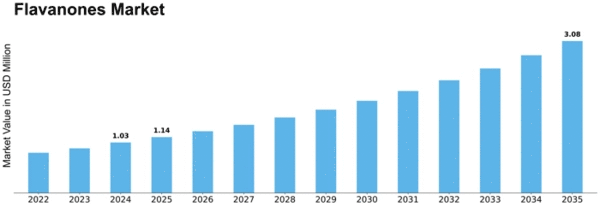


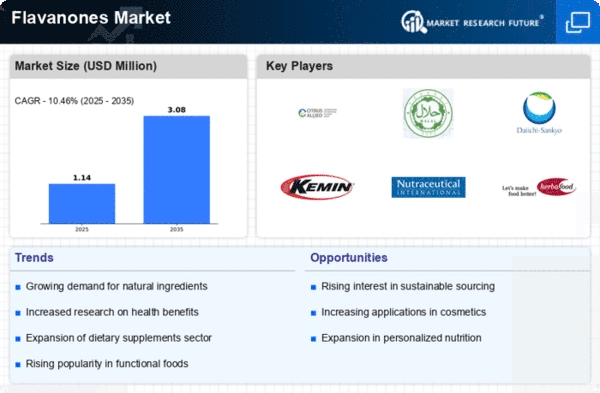

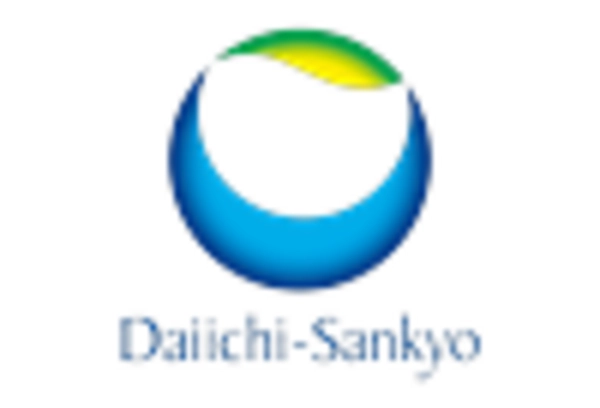
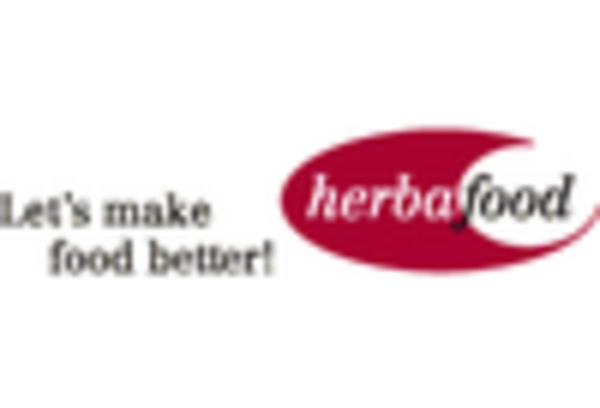

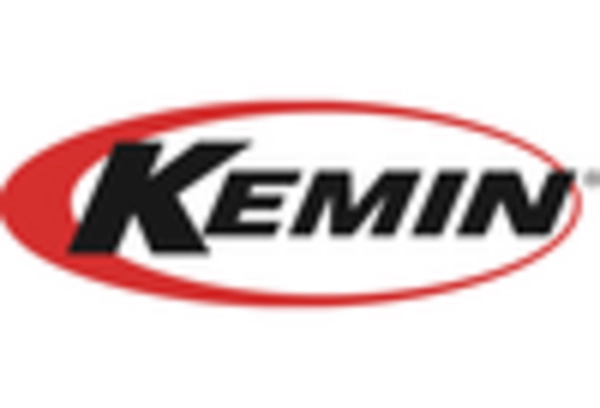
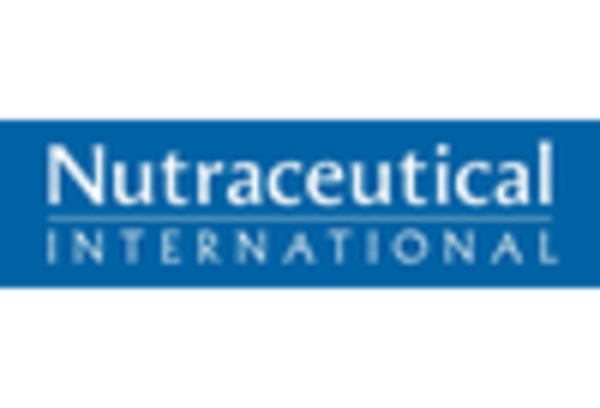









Leave a Comment